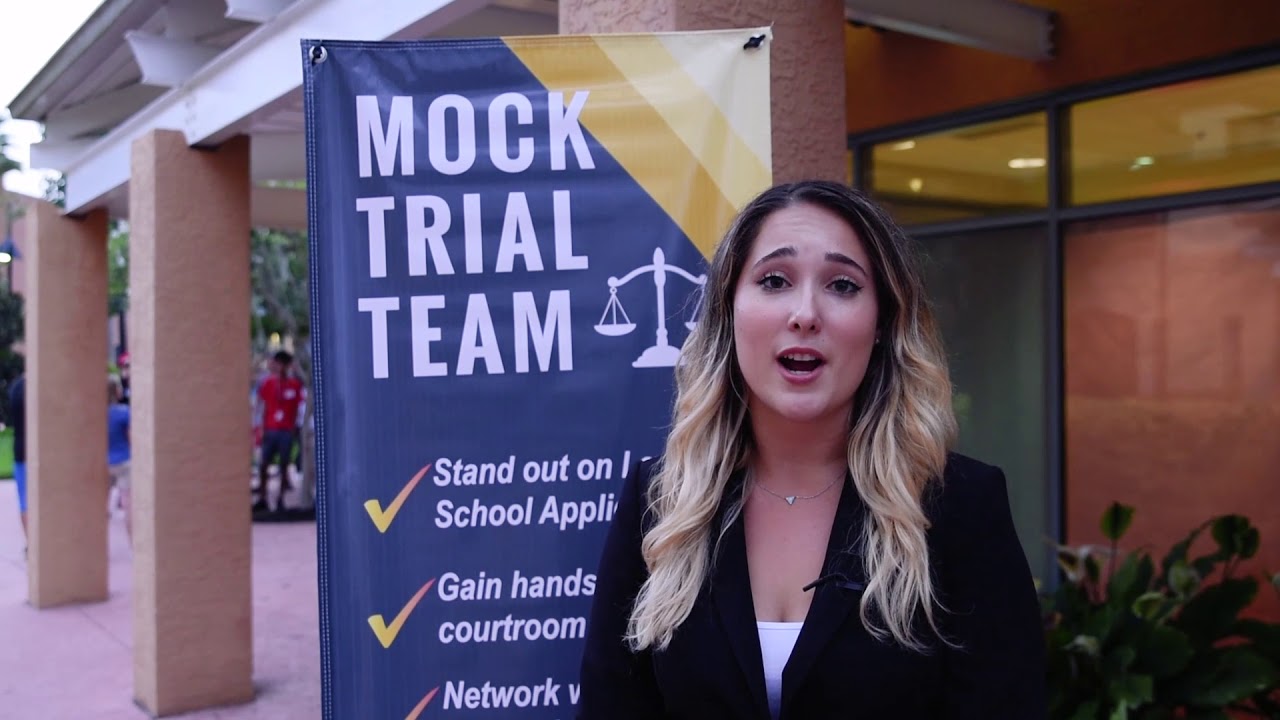Mock trials have long been a staple in academic settings, offering students an immersive way to explore the world of law, public speaking, and critical thinking.
But beyond its educational advantages, many are beginning to see it through a different lens: Is mock trial a social justice activity? When examined closely, the answer can be both nuanced and profound.
What is Mock Trial?
At its core, a mock trial is a simulated court trial where students or participants assume the roles of attorneys, witnesses, and sometimes judges. They prepare and present arguments, analyze evidence, and try cases based on real or fictional scenarios.
While often organized in schools, colleges, and legal training centers, mock trials have gained traction among diverse groups, making them a dynamic and interactive tool for learning about the justice system.
Mock trials typically cover a wide array of cases, from civil disputes to criminal prosecutions. Through these exercises, participants develop skills like critical thinking, collaboration, and effective communication. While the academic benefits are clear, the potential social implications of this activity are just as compelling.
How Mock Trials Foster Awareness of Social Justice
Social justice is fundamentally about ensuring fairness, equity, and equal access to opportunities and resources within society. Mock trials offer a unique platform to explore and challenge issues related to these principles in a meaningful way:
- Understanding the Justice System: By participating in a mock trial, individuals learn how the judicial system works. They gain a deeper understanding of how laws are applied and how justice is served—or sometimes denied. Such exposure highlights the potential inequalities within the system, sparking conversations about needed reforms.
- Examining Bias and Prejudice: Many mock trial scenarios include cases that touch on sensitive societal issues, such as discrimination, systemic inequality, and human rights violations. By engaging with these topics, participants not only gain legal knowledge but also develop empathy and a critical eye for bias and prejudice, both within the justice system and in broader society.
- Amplifying Diverse Perspectives: Mock trials encourage diverse participation, giving students from all backgrounds a chance to voice their opinions and advocate for justice. When marginalized perspectives are amplified, participants and observers alike can better understand the complexities of social justice issues.
- Encouraging Advocacy and Leadership: By taking on roles as lawyers or witnesses, participants practice advocating for what they believe is right. This not only builds confidence but also nurtures future leaders who are better equipped to stand up for equity and fairness.
Real-Life Cases with Social Justice Themes
Many mock trials intentionally incorporate scenarios rooted in real-world social justice issues. For example:
- Civil Rights Violations: Scenarios involving alleged violations of civil rights provide an opportunity to analyze historical and contemporary issues related to race, gender, and identity.
- Environmental Justice: Cases dealing with pollution or climate change often explore conflicts between corporations and communities, underscoring the disparities in how environmental harm affects marginalized groups.
- Workplace Discrimination: Participants may tackle cases involving gender pay gaps, racial discrimination, or disability rights, leading to greater awareness about inequalities in employment.
Mock Trials in Education and Social Justice Movements
Educational institutions are increasingly integrating mock trials into curricula aimed at promoting social justice awareness.
Programs and competitions often prioritize cases that are timely and socially relevant, encouraging students to think critically about issues that affect real communities.
Mock trials have also become a part of broader social justice movements, serving as tools for public education and advocacy.
For instance, organizations focused on criminal justice reform often use mock trials as a way to engage communities and raise awareness about issues like wrongful convictions or mandatory minimum sentencing laws. These exercises don’t just educate participants; they also empower communities by shedding light on systemic injustices.
Limitations of Mock Trials as a Social Justice Tool
While mock trials have significant potential for promoting social justice, it’s essential to recognize their limitations:
- Simulated Nature: Mock trials, by definition, are hypothetical. Although they raise awareness, they do not directly solve real-world issues.
- Accessibility: Not everyone has access to mock trial programs, particularly in underfunded schools or underserved communities. This limits their ability to reach and empower those who may benefit the most.
- Focus on Legal Frameworks: While mock trials emphasize the justice system, social justice extends beyond legal matters. Issues like housing, healthcare, and education inequality require solutions outside the courtroom.
Conclusion: Is Mock Trial a Social Justice Activity?
In many ways, the answer is yes. Mock trials provide a unique, engaging way to explore critical social justice issues, foster advocacy, and promote understanding of the complexities within the legal system.
While they are not a panacea for systemic inequality, they serve as valuable tools for education and empowerment. Participants walk away with not only enhanced skills but also a heightened sense of responsibility to address injustice.
For those seeking a structured yet dynamic way to delve into social justice, participating in a mock trial can be an excellent choice.
As more educators, organizers, and community leaders recognize the power of this activity, the opportunities to address social justice through mock trials are bound to grow.
If you’re curious about getting involved, look for local mock trial programs or consider starting one in your community. Empower yourself and others to better understand justice—and to advocate for it where it’s most needed. For more digital technology-related information check the internetverizons.
